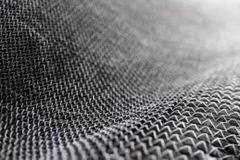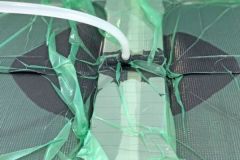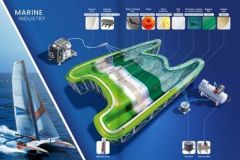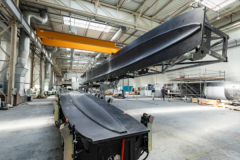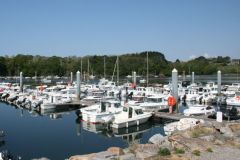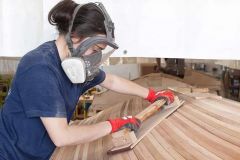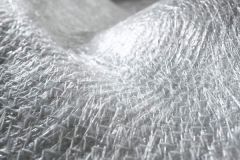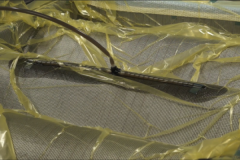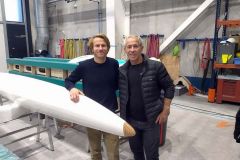A natural raw material for composite materials
Biocomposites are a rapidly expanding field. While the use of natural materials such as flax, bamboo and cork is now well known in the boating industry, although not yet very developed, other materials are also being studied. The Nantes-based company Bysco has turned its attention to mussel byssal threads, commonly known as beards. The company has developed a non-woven material for use in composite materials, comparable to the felts commonly used in glass or carbon fiber parts.
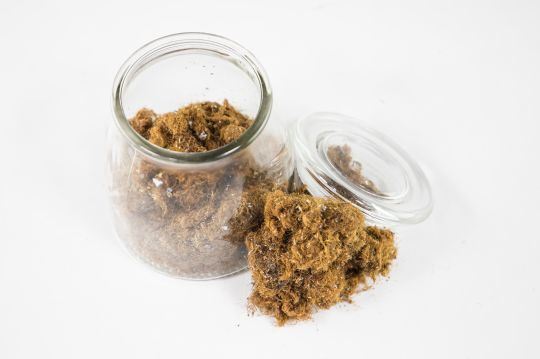
Acoustic and thermal properties
In addition to its environmental benefits, by avoiding the use of plastic materials and recovering unused mussel farming by-products, Bysco emphasizes the material's properties. Its performance as a thermal insulator is high, comparable to that of polyurethane products. As for its soundproofing qualities, they are high, thanks to the fiber's natural tortuosity, which confers its sound-absorbing properties. Less expensive than top-of-the-range melamine foams, its performance is only 10% lower, according to the manufacturer's data.
Fire certifications are in progress, but byssus has natural fire-retardant properties.
Products that can be integrated into boats
Bysco has developed two standard catalog products. Lightweight Byscoplak panels, with a density of 2 kilos/m2, are ideal for insulation in furnishings. Byscoflex, in roll form, with a density of 500g/m2, will be integrated into classic composite parts, with mechanical capacities somewhere between felt and foam.
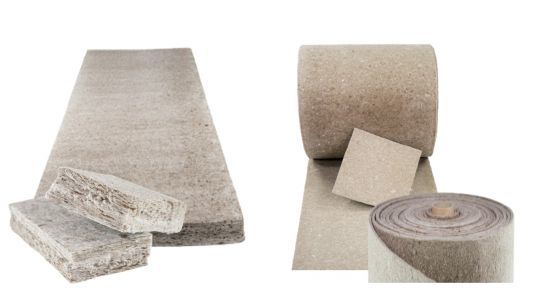
Bysco has already produced prototypes for various markets, including the rail industry, with a TGV floor and a camper van front panel, as well as fittings and isothermal luggage. A confidential nautical project is underway, but there is no shortage of conceivable applications, from engine compartment insulation to hull felt, insulation and lining, particularly for aluminum boats.
Currently in the process of raising funds, the company is looking to move into a more industrial phase. With the French national byssus deposit estimated at 4,500 tonnes per year according to a France Agri-Mer study, the company, which currently only sources its byssus from the Bay of Mont Saint-Michel, still has a bright future ahead of it.





